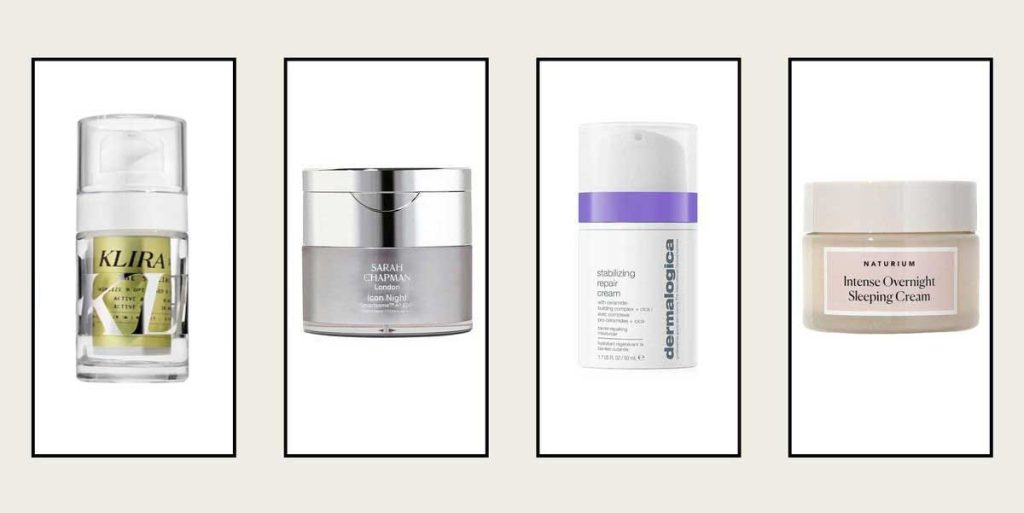When it comes to skincare, we often find ourselves inundated with marketing messages urging us to invest in a plethora of products, including those touted as essential for “day” and “night.” The skincare industry has successfully created this perception that our skin transforms into a different being at night, requiring a completely different set of products to thrive. But do we really need a separate night cream? The answer is not as straightforward as one might think. While a night cream can indeed provide benefits, especially for specific skin concerns, it’s crucial to distinguish between necessity and marketing strategy. Ultimately, moisturizers are designed to hydrate, but targeted night creams can offer more specialized support for issues such as fine lines, acne, or pigmentation.
As we delve into the science behind nighttime skincare, it’s important to consider how our skin behaves after dark. According to Daniel Isaacs, Director of Research at Medik8, our skin has its own circadian rhythm, undergoing various physiological changes through the day and night cycles. During the night, skin cell regeneration accelerates, and the skin becomes less exposed to harmful UV rays, which can lead to increased cell production. Interestingly, transepidermal water loss—essentially the evaporation of moisture from the skin—can be 30% higher at night. This means that switching to a richer moisturizer before bed can be advantageous in maintaining plump, hydrated skin by morning.
However, not all nighttime products are created equal. Leading facialist Katharine Mackenzie Paterson emphasizes that ingredients used in night creams can be more effective when applied after sunset. Retinol, exfoliating acids, and antioxidants work best at night as they are less likely to be affected by UV exposure. Night creams can serve as “support” products that enhance our skincare routines, especially when targeting specific skin issues. For instance, infusing nighttime products with heavy-duty hydrators, such as glycerin or avocado oil, can further bolster hydration levels, which is critical for skin restoration during our sleep cycle.
For those with particularly tricky skin issues like pigmentation or stubborn acne, seeking professional advice can be invaluable. Brands like Klira, founded by dermatologist Dr. Emma Craythorne, are making dermatological insights more accessible. After taking a detailed quiz and submitting images of your skin, Klira’s team can craft a personalized night cream that incorporates prescription-only actives like tretinoin or high-strength azelaic acid. This tailored approach not only provides targeted treatment for complicated skin concerns but also offers a path to effective, customized skincare.
On the other hand, if you’re among the many who are simply looking to enhance their nighttime regimen without delving into complex prescriptions, there are several commendable products available. Medik8’s Advanced Night Restore cream is a fan favorite among skincare enthusiasts. Specifically crafted for use after retinol application, this restorative formula contains beneficial ingredients such as ceramides and peptides to hydrate and soothe skin during its renewal phase. Even those who may experience the notorious “tretinoin purge” can find comfort in this gentle yet effective night cream.
Ultimately, while the debate over day versus night products is ongoing, the core message is centered on knowing your skin’s unique needs. For general hydration, a trusted moisturizer can serve you well around the clock. But for those looking to tackle specific issues, investing in a specialized night cream can enhance your routine without being overwhelmed by product overload. Whether seeking help from a dermatologist or choosing the right over-the-counter options, the key takeaway is that effective skincare can indeed support healthier, happier skin through the power of targeted ingredients and a tailored approach.

